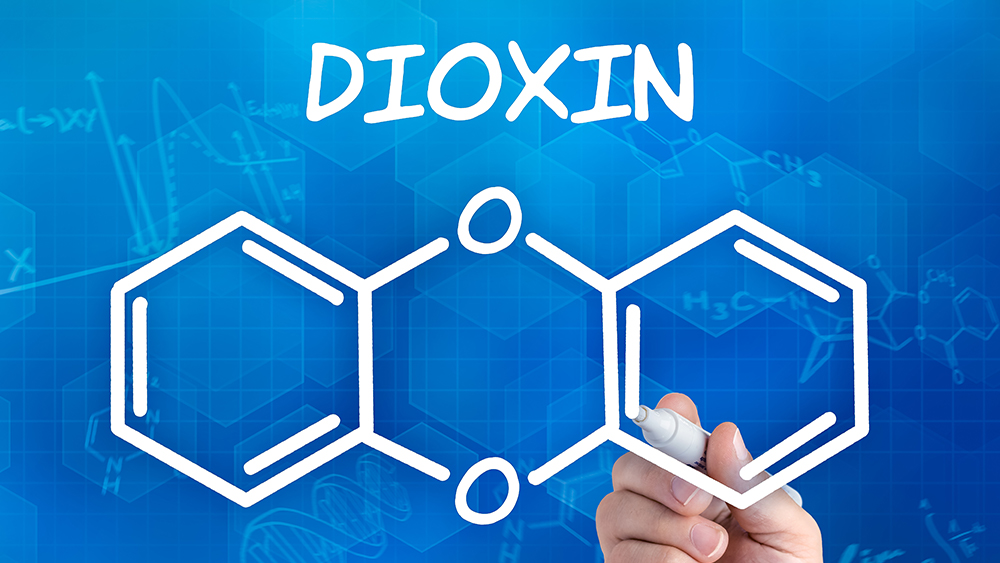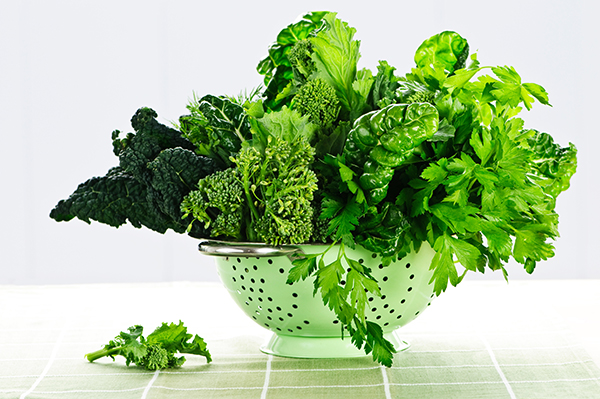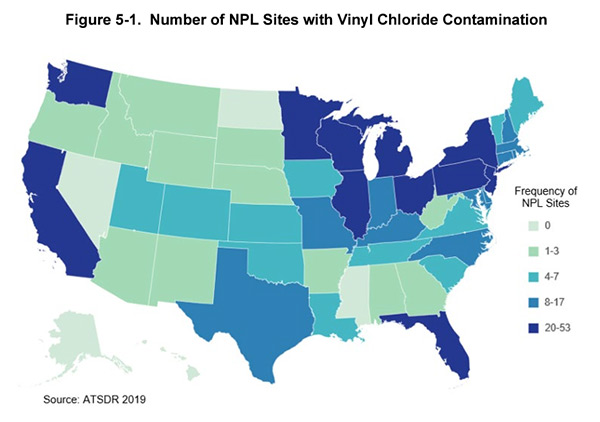Metabolites from broccoli found to promote gut health, help prevent leaky gut according to new study
09/27/2018 / By Zoey Sky

If your kids hate broccoli, you might want to start teaching them to eat more of this versatile vegetable. According to a study published in the metabolites from eating broccoli might help strengthen intestinal barrier function. New research in mice revealed that broccoli can also help immune surveillance and sustain gut bacteria’s balance.
Gary Perdew, a professor at Penn State University, was part of a study which proved that when specific compounds in broccoli are broken down, the veggie makes new metabolites that could benefit certain receptors in an individual’s gut lining.
Perdew stated, “There are a lot of reasons we want to explore helping with gastrointestinal health and one reason is if you have problems, like a leaky gut, and start to suffer inflammation, that may then lead to other conditions, like arthritis and heart disease.”
He continued, “Keeping your gut healthy and making sure you have good barrier functions so you’re not getting this leaky effect would be really big.” (Related: Broccoli: A Natural Way to Build Immunity.)
The data from the mice in the study revealed that eating enough broccoli can help alter one’s microbiome, or a “community of biomes.” The vegetable can also improve the intestine’s resistance to chemical challenge, which could suggest a “therapeutic effect on the maintenance of intestinal homeostasis.”
The existence of a reliable intestinal barrier function is proof that one’s gastrointestinal tract contributes to the protection of the intestines from harmful microorganisms and toxins while still letting nutrients enter the system, added Perdew. He commented that aryl hydrocarbon receptors (AHR), a receptor in the gut that allows the body to regulate reactions to specific environmental contaminants and toxins, might be a significant factor in this process.
Because of this new data, it appears that broccoli and other cruciferous vegetables like bok choy, cabbage, and cauliflower might contain indole glucosinolate. This is further broken down into other compounds like indolocarbazole (ICZ), which is present in the stomach. ICZ binds to AHR and activates the receptor in the intestinal lining. Thanks to this, numerous processes like barrier functions and microbial balance in the gut flora are maintained.
The team shared that dioxin, which activates the receptor, can hyper-activate the latter and result in toxicity. Perdew et al. stated that they wanted to learn more about the possibility of locally activating the receptor via a natural method to cause “modest AHR activation in the gut” and without causing systemic activation that might cause negative effects. Once this is proven possible, the approach can be used to halt the worsening of various diseases like Crohn’s disease that is caused by inflammation in the lining of the gut.
With the help of his team, Perdew observed two genetic lines of mice. The first line had a low ability to bind ICZ to AHR, and the second line possessed a high ability to bin ICZ to AHR. The two mice groups ate a diet that consisted of 15 percent broccoli.
Once a substance that caused digestive problems was introduced to their diet, the second group of mice was immune to its effects. This meant that the first group of mice suffered from digestive problems.
Now, this data could mean that humans who eat at least 3.5 cups of broccoli each day could enjoy the same benefits. Perdew and his team mused that the breeding of broccoli varieties that had a higher content of the compound could benefit our diets. The research team also said that looking into the conditions of individuals with colitis, who are advised not to consume too many fibrous foods, could have positive results.
A recipe for an easy-to-make broccoli side dish
If you want to start eating more broccoli, here’s a simple recipe that you can follow. You can finish making it in 15 minutes!
You’ll need the following ingredients:
- 1 head of broccoli
- 3 cloves of garlic
- 2 1/5 tbsp of olive oil
- 0.30 cup of olive oil
- 1 ½ tsp of chili flakes
- lemon juice from half a lemon
- 4 g of salt
Directions:
- Prep the vegetables. Chop the broccoli finely and slice the garlic thinly.
- Get a pan, place it over high heat and once it is hot, add the olive oil. Toast the pine nuts and garlic until light brown. Add the chili flakes.
- Add all the finely chopped broccoli. Saute on high heat for at least three or four minutes, or until the broccoli is a bright green but barely softened.
- After cooking put the broccoli in a large mixing bowl. Add the lemon juice and salt. Stir, and serve immediately. This side dish serves four to six people.
Visit Veggie.news for more articles on the benefits of eating more vegetables.
Sources include:
Submit a correction >>
Tagged Under:
brocolli, diet, disease prevention, food as medicine, food cures, gastrointestinal health, gut health, inflammation
This article may contain statements that reflect the opinion of the author
RECENT NEWS & ARTICLES
COPYRIGHT © 2023 DioxinDetox.com
All content posted on this site is protected under Free Speech. DioxinDetox.com is not responsible for content written by contributing authors. The information on this site is provided for educational and entertainment purposes only. It is not intended as a substitute for professional advice of any kind. DioxinDetox.com assumes no responsibility for the use or misuse of this material. All trademarks, registered trademarks and service marks mentioned on this site are the property of their respective owners.



















